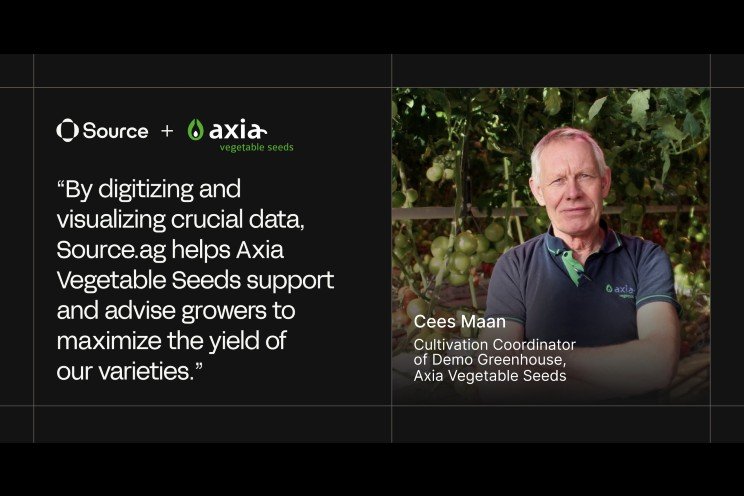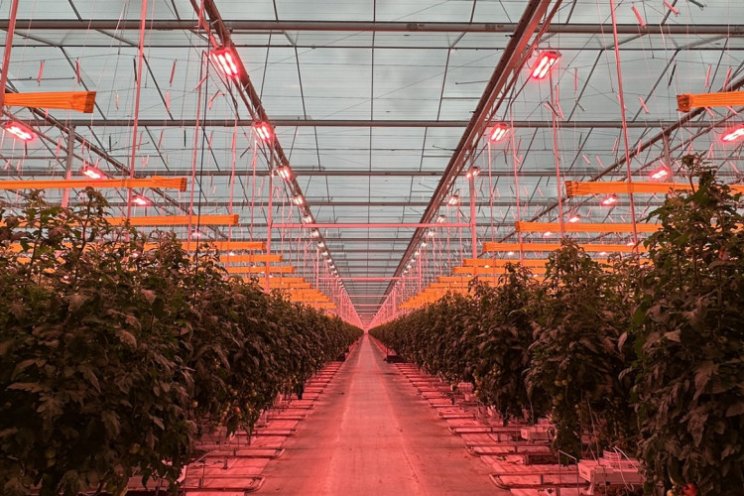Urban areas to become a powerhouse for horti production
Added on 22 December 2020


PERFECTLY RED: Hydroponics has enabled the intensive production of premium quality tomatoes and other horticultural staples in protected environments.
High-tech urban hort is being implemented across the world using vertical farm systems, hydroponics and aquaponic systems and nearly fully automated production as well as rooftop, underground and floating farms.
Hort Innovation, a grower-owned research corporation, is working with a consortium led by agricultural consultancy RMCG in partnership with the University of Technology Sydney (UTS) and urban agriculture consultancy Agritecture to assess the potential of emerging production technology and its application in urban Australia.
They are looking at the potential benefits for growers and Australia through the wider use of technology such as vertical farm systems and hydroponics in food production and delivery systems.
Hort Innovation CEO Matt Brand said bringing such technology to Australia would attract capital and new entrants to the sector with new ideas, approaches and mindsets.

NO URBAN MYTH: CEO of Hort Innovation Matt Brand said the research and development corporation was keen to explore the potential for increased horticultural production in urban areas.
"It gives us the opportunity to grow more from less and to keep demonstrating the good work that Australian growers do, day in day out, providing food to families both here and overseas.
"Urban in this context also captures regional areas and hubs. Growers will use the technology as part of the overall production mix. It's another production system that will be part of the diversity and variety that is Aussie horticulture," he said.
"High technology horticulture may have the potential to play a significant role in increasing Australia's horticulture sector value and help achieve Australia's target of a $100 billion industry by 2030."
The feasibility study aims to identify the opportunities and challenges for high technology horticulture in urban Australia.
The outcomes of the study will identify future priorities for research, development and extension activities and investment into Australian high technology horticulture in urban areas.
The study is being guided by an industry-led reference group including growers and emerging commercial leaders engaged in urban high technology horticulture in Brisbane and Sydney, members of local city councils, and subject-matter experts in protected cropping.
Greenhouse and hydroponic consultant Graeme Smith said these new systems were the modern face of horticulture that should complement the current supply chain in a key range of nutritious and delicious produce.
Source and Photo Courtesy of Farm Online
Source: Farm Online
More news















